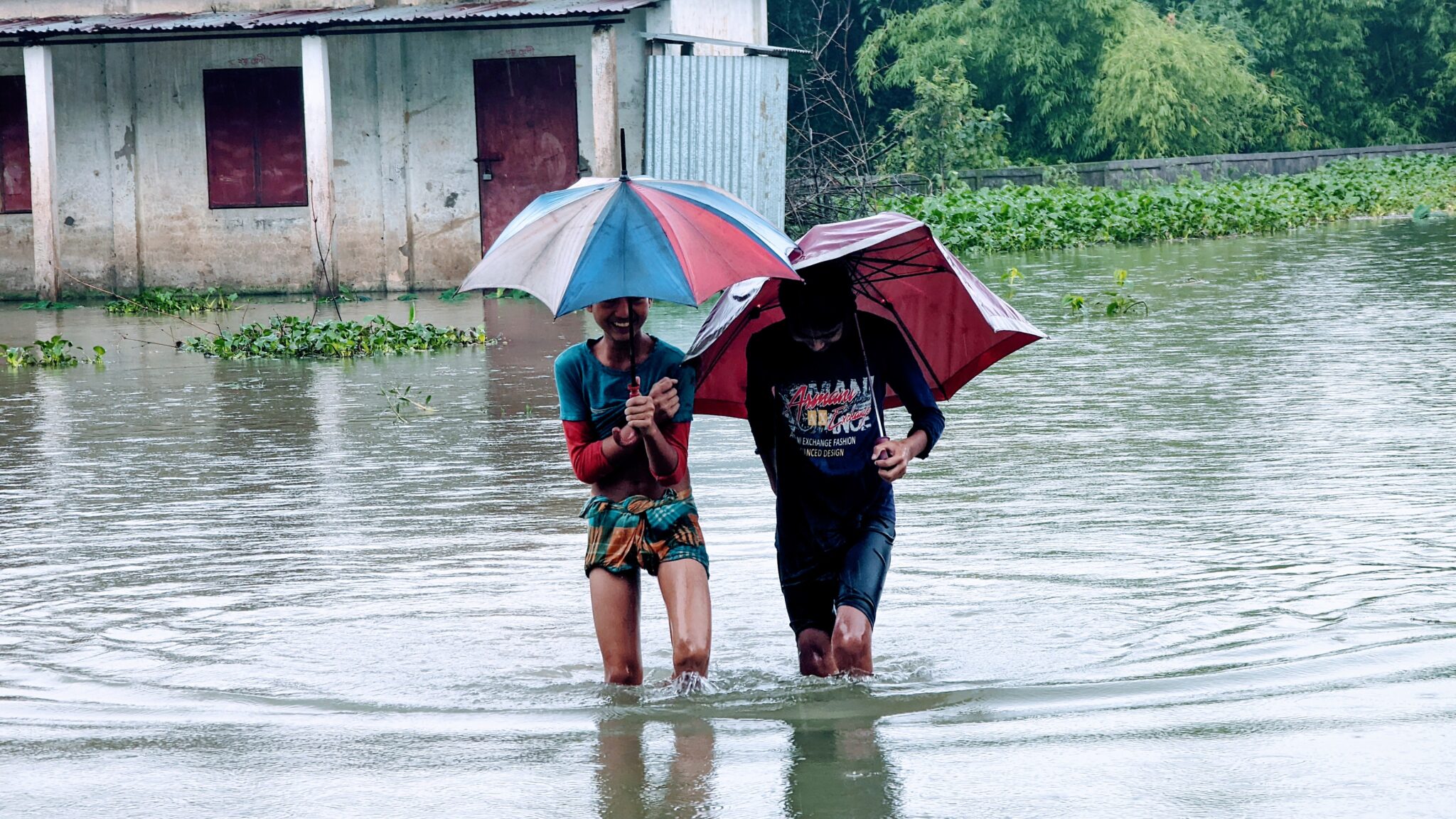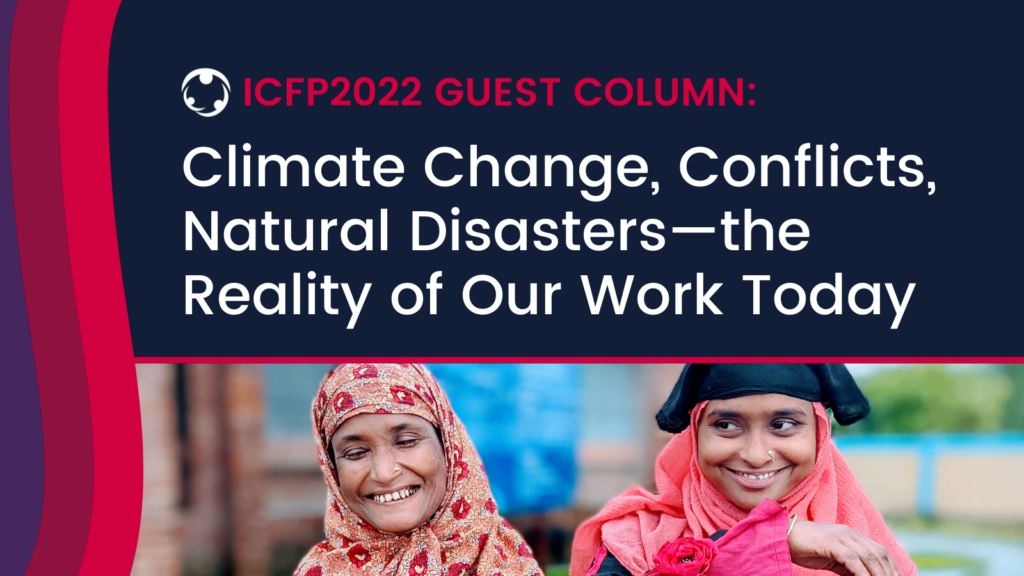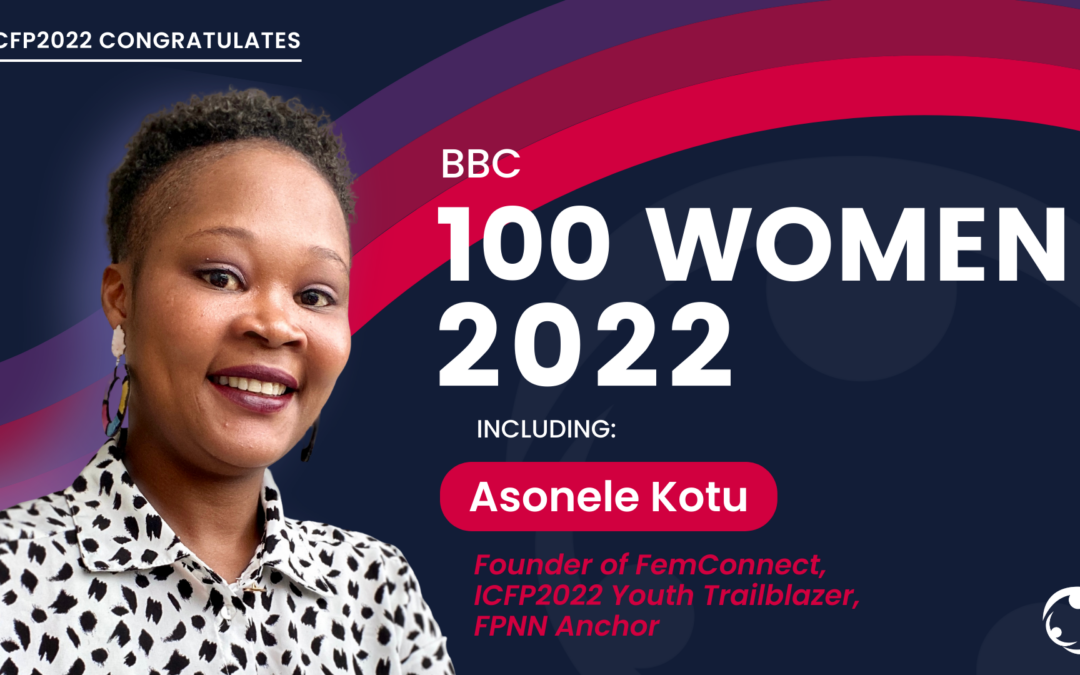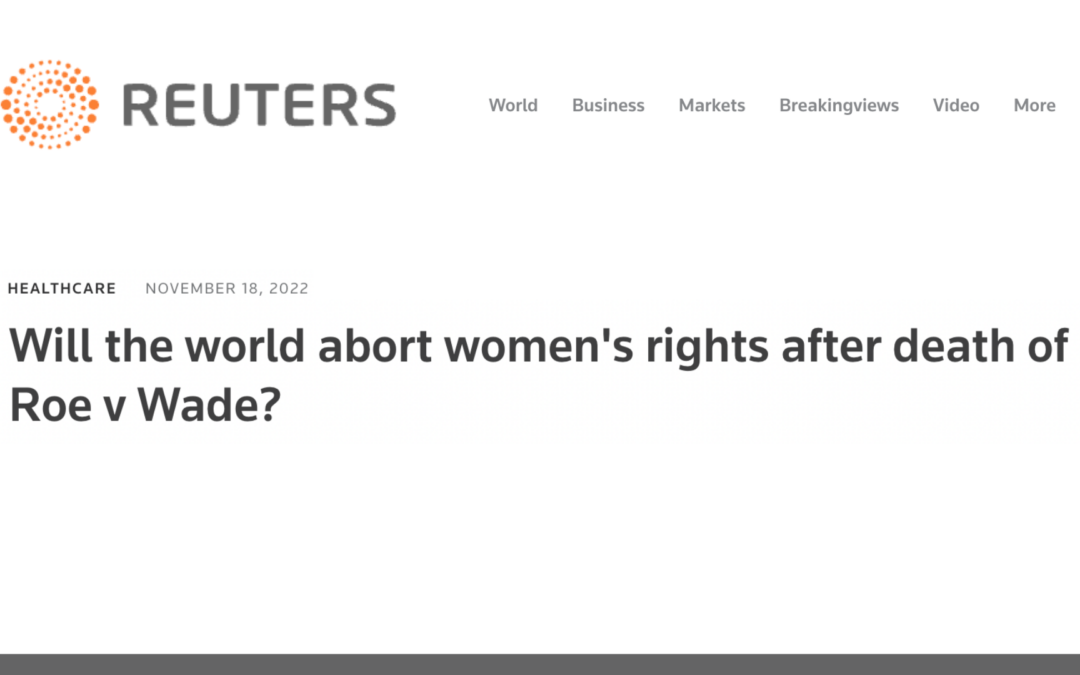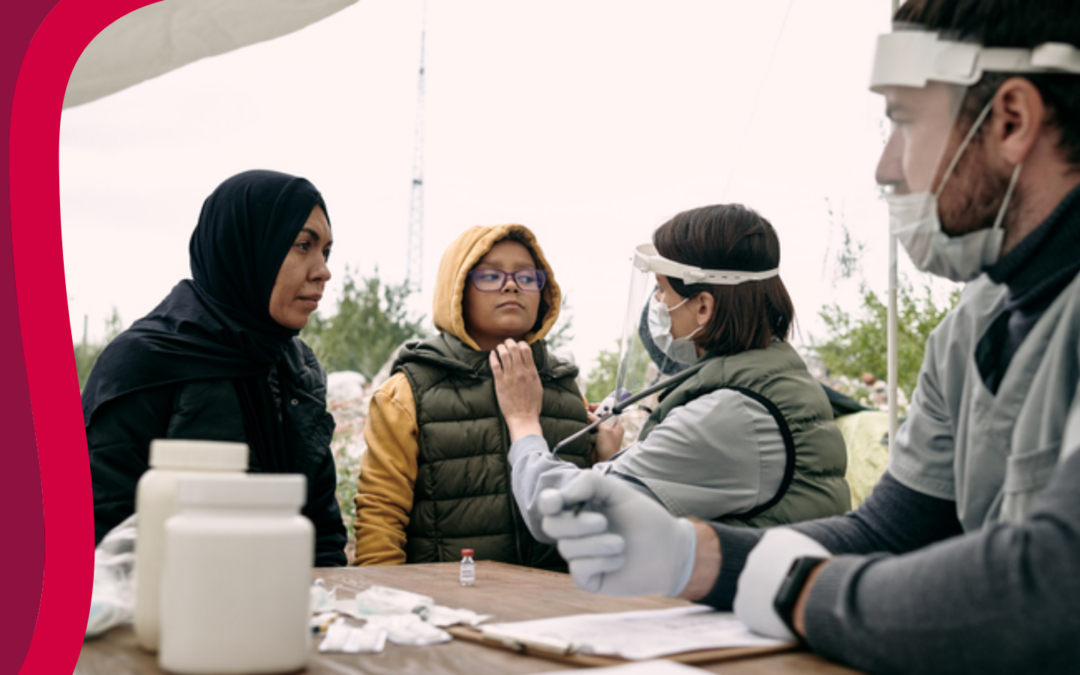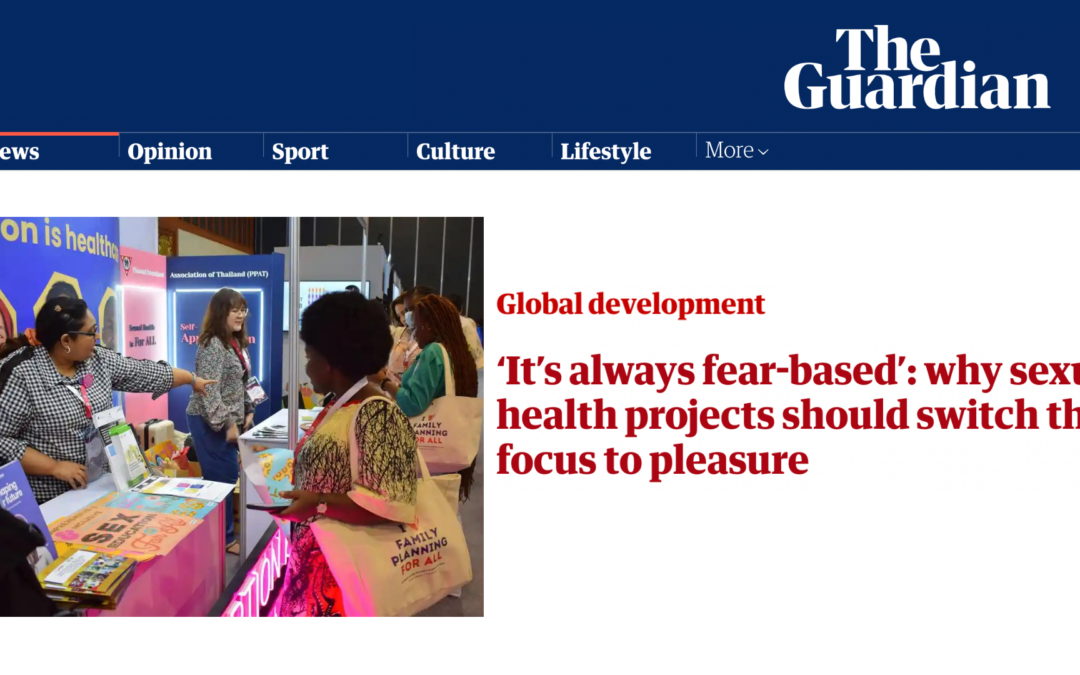GUEST COLUMN:
by Tabinda Sarosh, President, South Asia, Middle East, and North Africa, Pathfinder International
At Pathfinder, we see every day how some of the world’s greatest global challenges—climate change-induced natural disasters, protracted conflicts, and growing inequalities—continue to make life increasingly difficult for the communities we serve. I am writing this today as cyclone Sitrang swiftly moves toward the coast of Bangladesh, and I am hoping and praying for the safety of our team there.
In Bangladesh, natural disasters have become a frequent reality. Earlier this year, many of the communities where we work in Sylhet and Sunamganj were inundated by floods, the worst in 122 years that left more than 4 million people at risk of hunger, and without safe drinking water and basic health care. The day before the last flood in Sylhet, we heard from two women, Jorina Begum and Minara Begum, who had visited a Pathfinder-supported health center to get their very first IUDs. They had been observing the water levels rising and didn’t want to relive what they had in the past—unintended pregnancies that took place when services became unavailable during floods. At Pathfinder, we know that the future of women, girls, and their communities starts with reproductive health. That’s why we are acting decisively to constantly adjust, adapt, and meet the needs of the people serve.
The cyclone hitting Bangladesh follows massive floods in my own country, Pakistan, which, in September, left 6.4 million people in need of humanitarian assistance. In Sindh, where Pathfinder has worked over the past several years to advance sexual and reproductive health and rights, more than 1,000 health facilities were damaged and unable to provide essential services to pregnant women. Although we had to keep doing our regular work of keeping our programs running, we also had to pivot to support UNHCR and UNFPA in distribute emergency medicines and health equipment.
We know that making health systems resilient to emergencies like these needs to be one of our greatest priorities. That’s why we are working in Bangladesh and Pakistan to do just that—strengthening systems across communities and health centers that can continue to serve people when an emergency hits.
At the same time, we need community-informed solutions to climate resilience. Pathfinder is also working with communities in Bangladesh and Pakistan, and in particular women on the front lines of climate change, on locally led solution to increase the climate resilience of their communities. This means starting with sexual and reproductive health, but also going beyond to support women with economic and leadership opportunities, and communities with improved water, sanitation and hygiene practices, sustainable agricultural techniques, and gender-based violence prevention and treatment services, among other things. Our work goes way beyond just Bangladesh and Pakistan.
We are building on existing family planning program in Egypt to transform health centers into “green clinics.” We are working with climate migrants in Niger to ensure women who migrate are supported with the essential services they need and those left behind can also prosper when their husbands travel to find work. For the past couple of years, our USAID Transform: Primary Health Care Activity served communities in Ethiopia through the COVID-19 pandemic and a civil war that left more than 2 million people internally displaced—reaching more than 57 million people.
We worked with our partners to respond to crises as they arose, help sustain health services and supplies, and contribute to public health surveillance activities in preparation for future emergences, while continuing to improve the management and performance of the health system. We hear from our local teams around the world—all of them—that integrating climate resilience and emergency preparedness into our programs is absolutely critical to delivering mission impact. We need to listen to them and develop tailored solutions that ensure continued access to sexual and reproductive health care through crises as a foundation for resilience. I call on all global health partners, governments, and local civil society organizations facing similar challenges to keep sharing their community-informed solutions to advancing sexual and reproductive health and rights through the world’s greatest challenges. Too many lives depend on it. I look forward to learning from you at the upcoming International Conference on Family Planning and beyond. Photo captions for attached photo: Floods in Sylhet, Bangladesh, June of 2022. The day before the second flood in the Sylhet region, Bangladesh, neighbors Jorina Begum (left) and Minara Begum (right) visited a Pathfinder-supported health center to get their very first IUD. They had been observing the water level rising every day and predicted that there would be a flood again soon.
